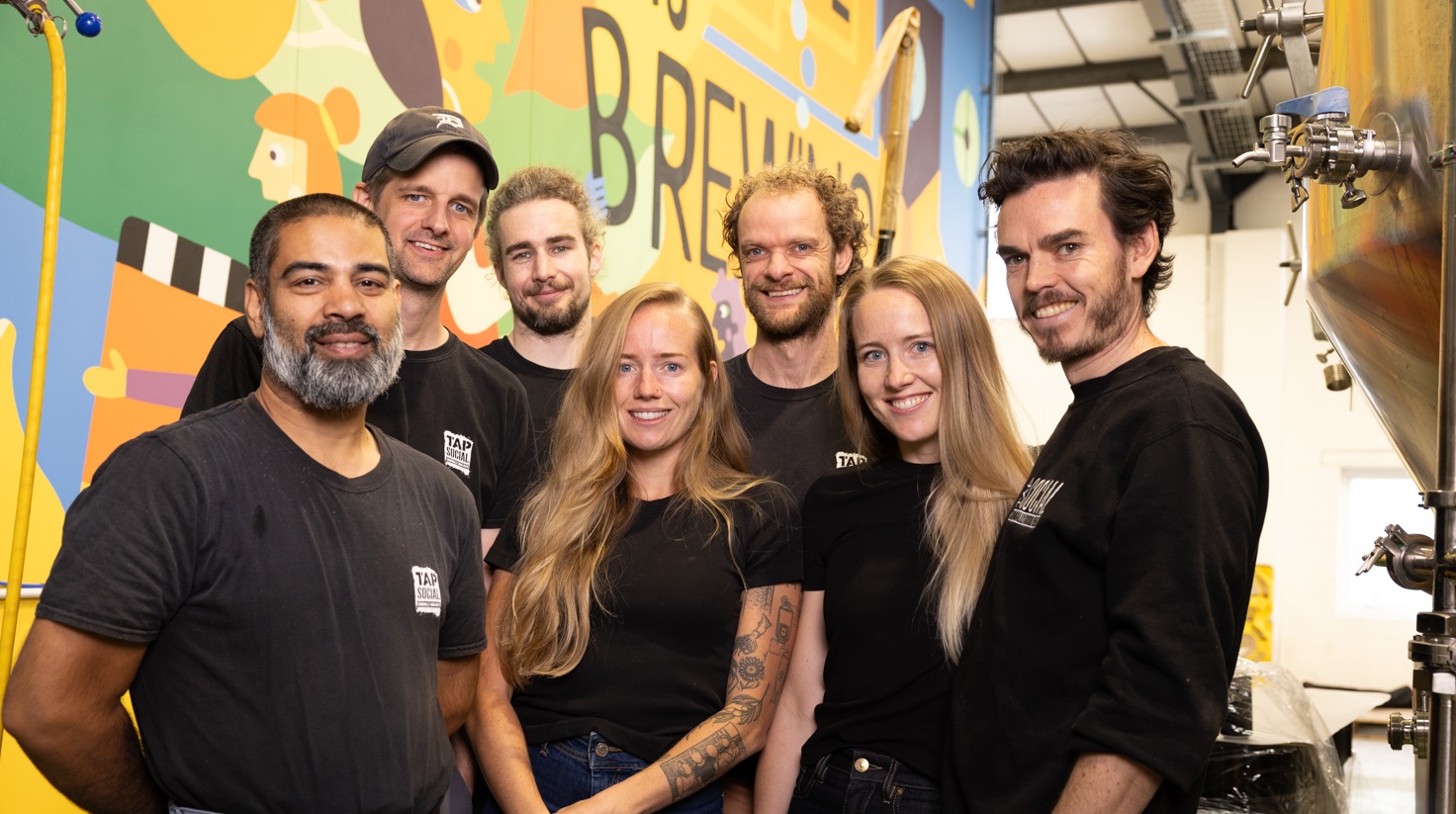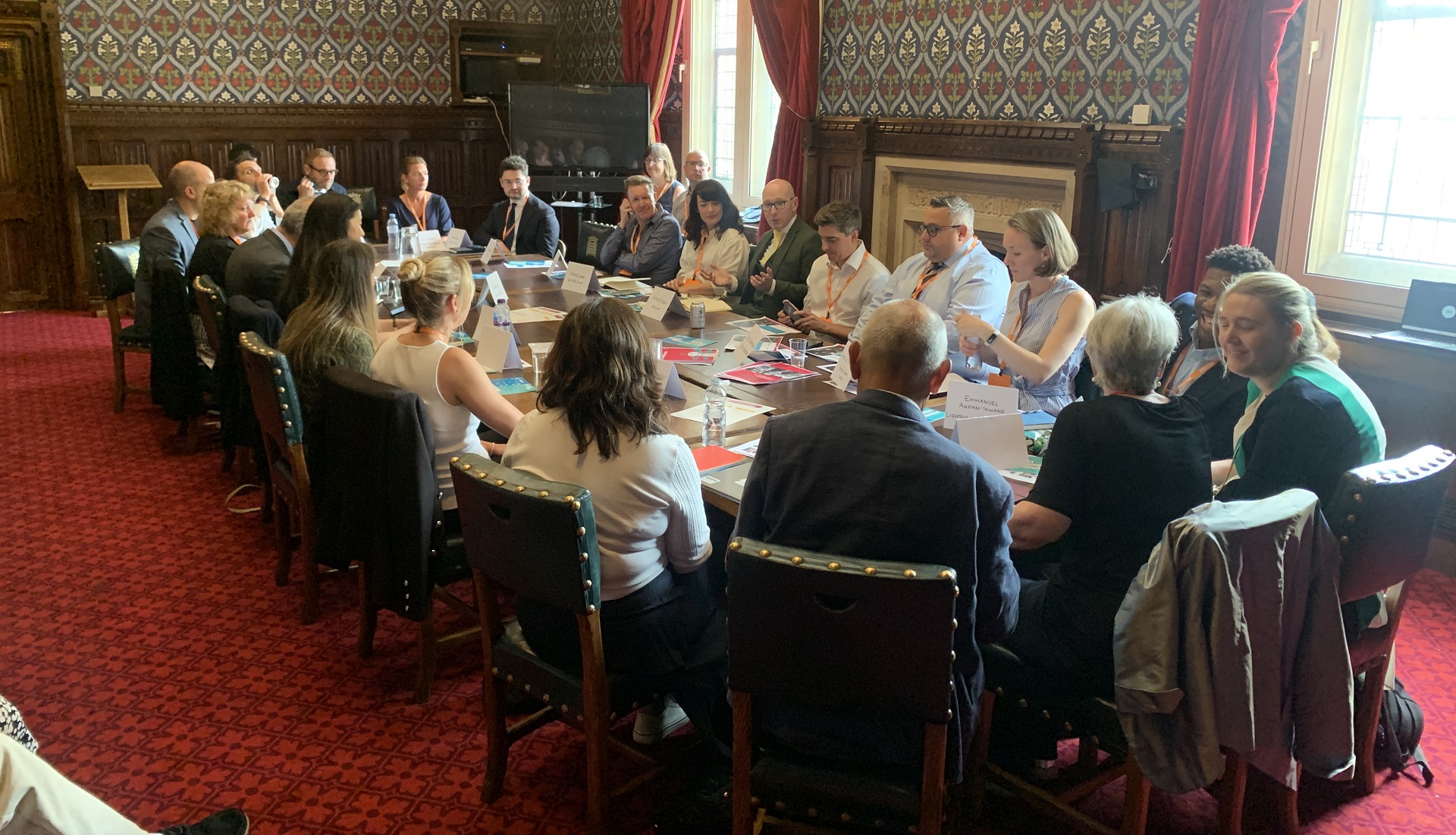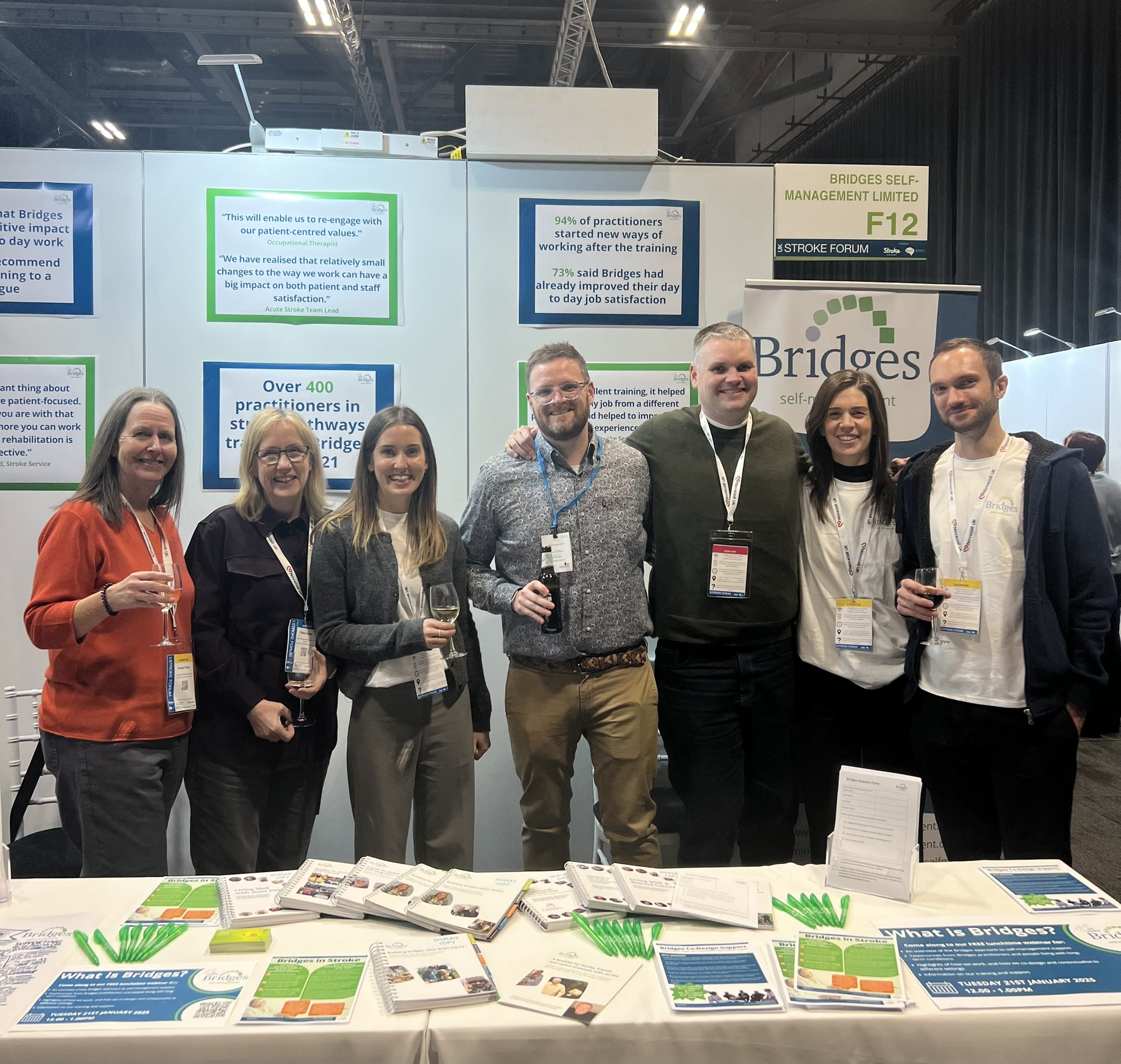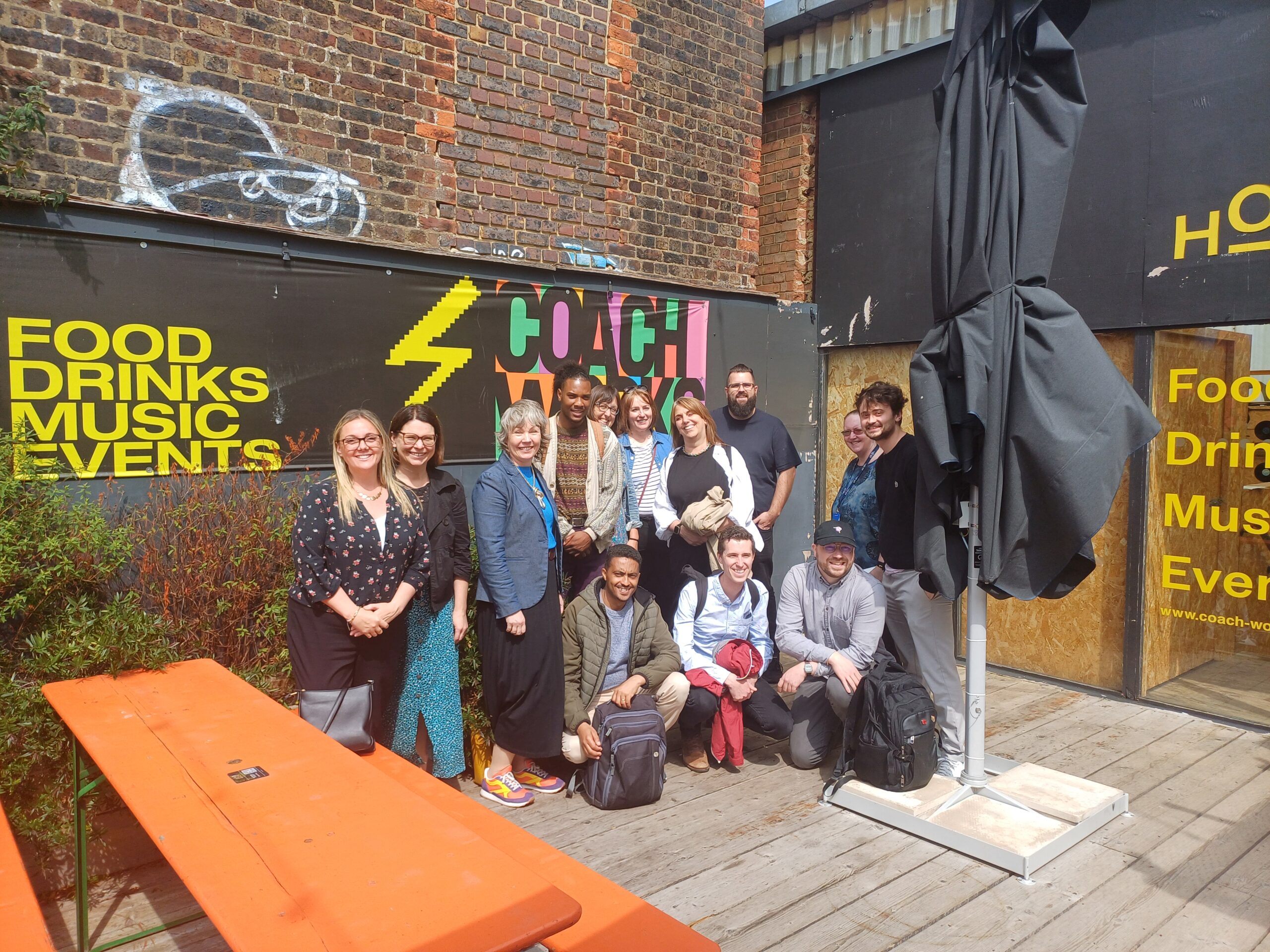
Member updates
Invest in Tap Social Movement
Based in Oxford, Tap Social Movement are on a mission to reduce reoffending through employment in brewing, baking and running hospitality venues. To date across its five sites, they have created more than 100,000 hours of paid meaningful employment for prison-leavers, with 30% of their hospitality and production teams having lived experience of the UK criminal justice system. To achieve more of this great impact, last week Tap Social launched a Crowdcube investment campaign. This is the first time they've opened the company up to investment from the public; as well as shares, there are rewards offered for investments. They are in the midst of an exciting growth stage that includes wider distribution of their beers across the UK through national retail, the launch of an ambitious, purpose-built new venue (with plans for more in the coming years), extensive expansion of their bakery Proof Social Bakehouse, and much more. The campaign runs until 30 July. Please visit the campaign page if you think you can find a space to share this, or might be interested in investing. VISIT THE CAMPAIGN PAGE
1 min







